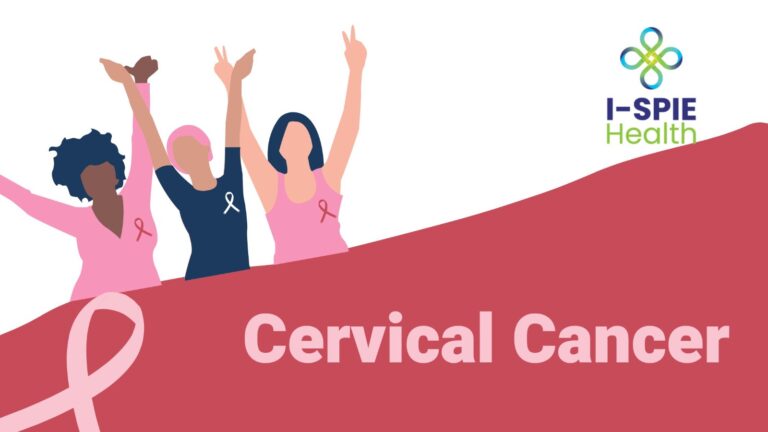Living life after pituitary tumor surgery can be challenging, but understanding your treatment and follow-up care can significantly ease the journey. Many people with pituitary tumors find that their condition can be controlled or even completely treated, allowing them to live full and healthy lives.
However, the uncertainty about the tumor’s potential return or growth is a common concern. This blog will guide you through the essentials of follow-up care after treatment, the importance of regular medical check-ups, and lifestyle considerations to help you manage your condition effectively.
What is Pituitary Tumor Surgery?
Pituitary tumor surgery is a procedure to remove a tumor from the pituitary gland, usually performed when the tumor causes symptoms or produces excess hormones. The most common method is transsphenoidal surgery, which accesses the tumor through the nasal passages.
This minimally invasive approach shortens recovery time and reduces risks. For larger or more complex tumors, a craniotomy involving opening the skull may be needed. The goal is to remove the tumor while preserving normal pituitary function and surrounding tissue.
Challenges Pituitary Tumor Surgery Survivors May Face
- Hormonal Imbalances: Surgery can affect the pituitary gland’s ability to produce hormones, leading to conditions like hypothyroidism, adrenal insufficiency, or diabetes insipidus, requiring lifelong hormone replacement therapy.
- Vision Problems: Damage to the optic nerves during surgery can result in temporary or permanent vision changes, including blurred vision or loss of peripheral vision.
- Recovery and Healing: Post-surgery recovery can involve pain, fatigue, and restrictions on physical activities. Healing can take several weeks, and patients may need to avoid strenuous activities during this time.
- Emotional and Psychological Impact: The stress of surgery and ongoing medical issues can lead to anxiety, depression, or mood swings. Coping with these emotional changes may require support from a professional coach or caregiver.
- Recurring or Residual Tumor: There is a possibility that the tumor may not be completely removed or may recur, necessitating further treatment such as additional surgery, radiation therapy, or medication.
- Follow-up Care: Regular follow-up visits with healthcare providers are crucial to monitor hormone levels and detect any signs of tumor recurrence. This ongoing care can be time-consuming and require frequent medical appointments.
- Quality of Life: Chronic health issues, medication side effects, and the need for continuous medical monitoring can impact daily life and overall quality of life.
Read More: Fear of Cancer Recurrence
How to Deal with Life After Pituitary Tumor Surgery
Radiation Therapy
Radiation therapy may be necessary if the tumor is not fully removed or recurs. Regularly scheduled treatments can help control tumor growth and alleviate symptoms.
Follow-up
Frequent follow-up appointments are crucial for monitoring recovery and detecting any signs of tumor recurrence. Stay consistent with these visits to ensure early intervention if needed.
Blood Tests
Regular blood tests are essential to check hormone levels and overall pituitary function. These tests help in adjusting hormone replacement therapies as needed.
Hormone Levels and Changes
Monitor and manage hormone levels closely, as imbalances can occur post-surgery. Your doctor may prescribe hormone replacement therapies to maintain normal levels.
Checkup with Neurologist and Ophthalmologist
Regular checkups with a neurologist and ophthalmologist are important to monitor brain function and vision, as these can be affected by the tumor or surgery.
Doctor Care and Plan for Survivorship
Work with your healthcare team to develop a survivorship care plan that includes follow-up schedules, symptom management, and overall wellness strategies.
Dietary Supplements
Discuss any dietary supplements with your doctor to ensure they are safe and beneficial. While no supplements are proven to prevent tumor recurrence, they can support overall health.
Choose How You Move On
Embrace the opportunity to regain control over your life by focusing on recovery and well-being. Engage in activities that bring you joy and fulfillment, and seek support from loved ones and support groups. Set achievable goals to help you move forward with a positive outlook.
Look to the Future
Stay optimistic about the future and focus on long-term health and happiness. Develop a plan with your healthcare team to monitor your condition and prevent recurrence. Remember that many people live full, active lives after pituitary tumor treatment, and so can you.
Conclusion
Managing a pituitary tumor involves ongoing vigilance and care, but it doesn’t mean you can’t lead a fulfilling life. Regular follow-up appointments, hormone level monitoring, and a tailored survivorship care plan are crucial to ensure any changes are detected early and managed appropriately.
While there are no guaranteed ways to prevent the tumor from growing or returning, adopting a healthy lifestyle can benefit your overall well-being. Stay informed, maintain open communication with your healthcare team, and keep meticulous records of your medical history. With the right support and proactive care, you can navigate the uncertainties and focus on living well.
FAQ
What can you not do after pituitary surgery?
After a pituitary surgery, you should avoid heavy lifting, strenuous activities, and bending over for several weeks to prevent strain and promote healing. Follow your doctor’s specific guidelines regarding activity restrictions and recovery protocols.
Can you live a long life with a pituitary tumor?
Yes, many people with pituitary tumors can live long, healthy lives, especially if the tumor is properly managed and treated. Regular follow-up care and monitoring are essential to ensure any changes are detected early and managed appropriately.
Can a pituitary tumor cause personality changes?
Yes, a pituitary tumor can cause personality changes. This can occur due to hormonal imbalances or pressure the tumor places on surrounding brain structures, affecting mood, behavior, and cognitive function. If you notice significant changes, it’s important to discuss them with your healthcare provider.








One Comment